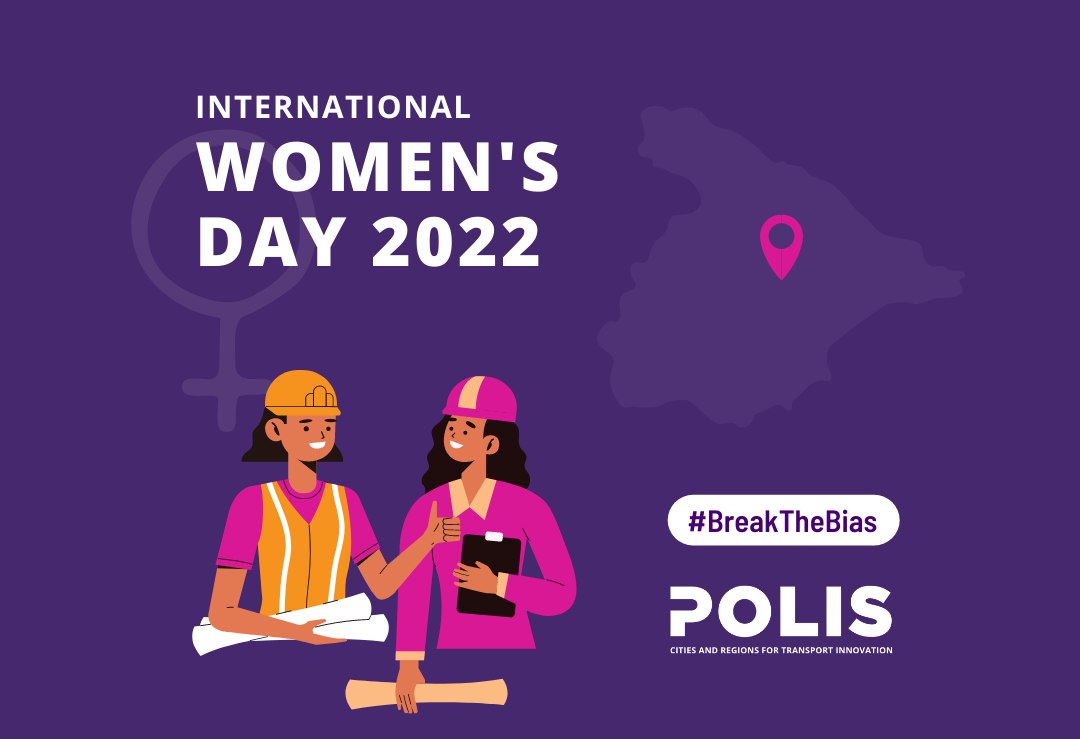Women in transport, STEMing the gap
Tackling the gender divide in the mobility sector will be no easy task. It is not just a matter of recruiting more women, if only it were so simple! However, cities are leading the way forward.
Change begins at the educational level. Girls and women are systematically tracked away from science and math throughout their education, limiting their access, preparation and opportunities to enter key mobility fields including data science and engineering.
Data and digitization are taking mobility by storm, while physical infrastructure design remains critical to sustainable mobility ecosystems. Parity is a pipedream for the transport industry without supporting women’s access to these fields.
Today, just 21 per cent of engineering majors and 19 per cent of computer science majors are women. Is it any wonder these ratios are translated into our workforce structure?
However, it appears cities are leading the way when it comes to change on the ground - and Madrid is showing how change is being pioneered at city level.
The POLIS member is putting their money where their mouth is when it comes to improving the gender balance in the city’s transport sector.
EMT Madrid, together with the electricity company Iberdrola and Comillas University, has created a Chair for the promotion of women in STEM vocations, particularly in the field of vocational training for sustainable mobility.
This cross-sector collaboration provides a forum for discussing joint challenges, conducting comprehensive research and identifying avenues for immediate progress towards a more gender-equal STEM landscape.

This chart lists a variety of methods that can help increase women's and girls' engagement with and interest in STEM fields - UNESCO
This is a momentous initiative for Spain, a country expecting 390,000 more STEM positions in the next two years, with only less than 8 per cent of its female university students currently choosing these fields.
The main objectives of this Chair are:
- Investigation of the causes of the low participation of women in studies related to STEM areas
- Analysis of the adequacy of the academic content with the need to cover places in the companies involved
- Encouragement of a necessary cultural and social change to promote the incorporation of women into the profiles of success in STEM degrees
 The Chair’s most recent report maps the current challenges, providing one of the most comprehensive overviews of where tertiary education is failing women and how universities and employers can support progress.
The Chair’s most recent report maps the current challenges, providing one of the most comprehensive overviews of where tertiary education is failing women and how universities and employers can support progress.
It appears cities are where gender parity is happening fastest!
You can read Madrid’s full STEM Chair report HERE (Spanish version only).


